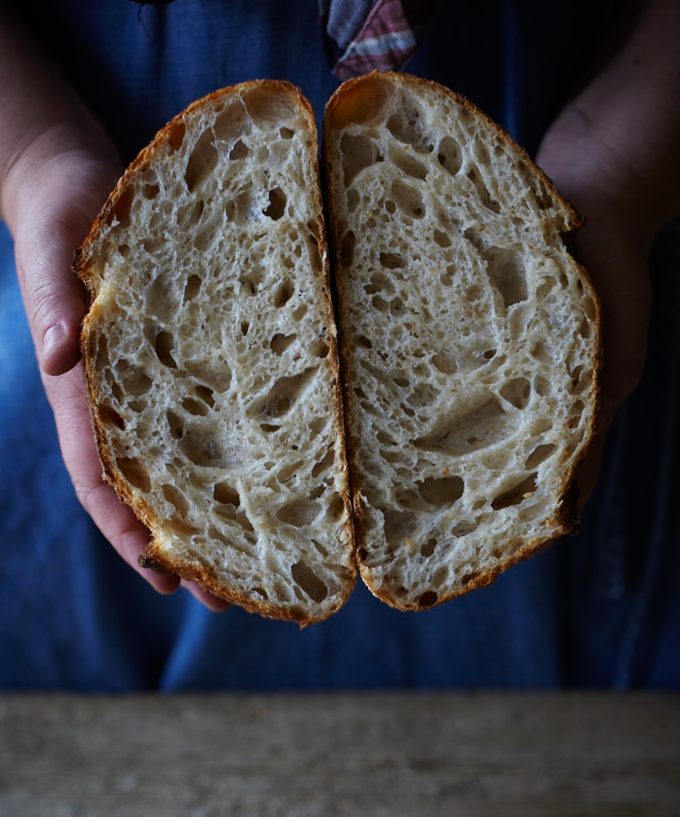Reference Number: 17
Year: 2007
Link: Link to original paper
Nutrition: Exopolysaccharides | Phytic acid
Lactic Acid Bacteria: Heterofermentative | Homofermentative
Summary
Summary
Sourdough has been used since ancient times and its ability to improve the quality and increase the shelf-life of bread has been widely described. During sourdough fermentation, lactic acid bacteria (LAB) produce a number of metabolites which have been shown to have a positive effect on the texture and staling of bread, e.g. organic acids, exopolysaccharides (EPS) and/or enzymes. EPS produced by LAB have the potential to replace more expensive hydrocolloids used as bread improvers. Organic acids affect the protein and starch fractions of flour. Additionally, the drop in pH associated with acid production causes an increase in the proteases and amylases activity of the flour, thus leading to a reduction in staling. While improving the textural qualities of bread, sourdough fermentation also results in increased mineral bioavailability and reduced phytate content.
Significance of the study
Significant advances have been made in understanding the contributions made by the presence of acids, the fermentation period and the role played by cereal and bacterial enzymes in terms of sourdough and bread characteristics. This paper also suggests that there there is considerable consensus with regards to the positive effects of sourdough addition for bread production, including improvements in bread volume and crumb structure, flavour, nutritional value and shelf life.
The positive effects of sourdough occur during fermentation wherein biochemical changes occur in the carbohydrate and protein components of the flour due to microbial action and enzymes present within the cereal flour. The rate and extent of these changes greatly influence the properties of the sourdough and ultimately the quality of the final baked product. In addition, the ability of lactic acid bacteria to breakdown proteins has shown to have great potential in creating breads with lower gluten levels. In conclusion, the studies presented in this review indicate that sourdough addition has positive effects on the technological, nutritional as well as functional properties of bread.


